The decision by Unilever, the Anglo-Dutch company, to retain London as its headquarters is a blow to Rotterdam and a climb-down by senior members of the board who had been keen on the move. Mounting opposition from institutional shareholders in the UK forced capitulation three weeks ahead of a planned vote on the relocation. The British government was also relieved as this decision prevents any suggestion that a move to Rotterdam might have been seen as a Brexit contingency.
Unilever, like Shell, exists as an Anglo-Dutch company with dual listing so why would it want to relocate its headquarters to Rotterdam now? Shaken by the take-over approach from the US food giant Kraft-Heinz last year, the board decided to streamline its share classification and put out plans in March 2018. Opposition had been growing among UK pension funds ever since because the firm would fall outside the FTSE 100 on nationality grounds and trigger the obligation of passive funds to divest themselves of Unilever shares. This would mean a lot of extra work and upheaval.
Pension funds take a long view on responsible stewardship, investing for stability and a predictable long term revenue, they don’t like change and they don’t like having to adjust their portfolios. In 2010 when BP had to find $20billion to cover the oil spill in the Gulf of Mexico, the firm reluctantly decided to cancel the dividend payment for the first time in its history, a shareholder shock equivalent to a profit warning. Withholding the dividend was deeply unpopular with UK pension funds who had already factored in dividend yield to their revenue models as a given.
What are the lessons from this? The first one is to sound out institutional shareholders on any changes in strategy. It is not enough simply to claim that a change ‘provides opportunities to further accelerate value creation’as the chairman of Unilever did if this change actually creates problems for investors of the type that UK pension funds abhor. The Investor Relations function is not just about spinning a positive story for shareholders, it should involve listening to their concerns and providing the board with an honest assessment of the risk posed by ignoring them. Unilever could have handled this better and should have known that institutional investors would resist the move.
What does this signify? Does it tell us that the IR function at Unilever is not operating effectively as a communications channel, or does it tell us that the hubris of senior management believed its own publicity and decided that it knew best? The Dutch prime minister Mark Rutte had wanted to dispense with dividend tax for the multinationals and was keen for Unilever to relocate to Rotterdam, so he will feel a loss, but the senior team at Unilever will be left with damaged reputations, thus raising questions about future leadership at this large multinational corporation.
For more information contact info@chiron-risk.com
©Garry Honey, Chiron risk 6 October 2018

